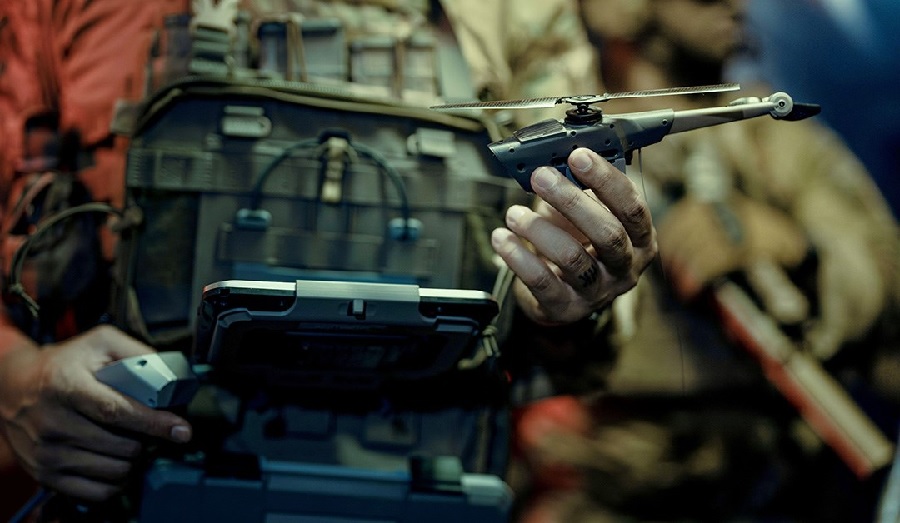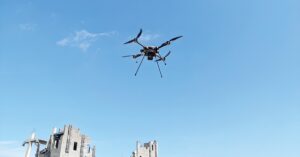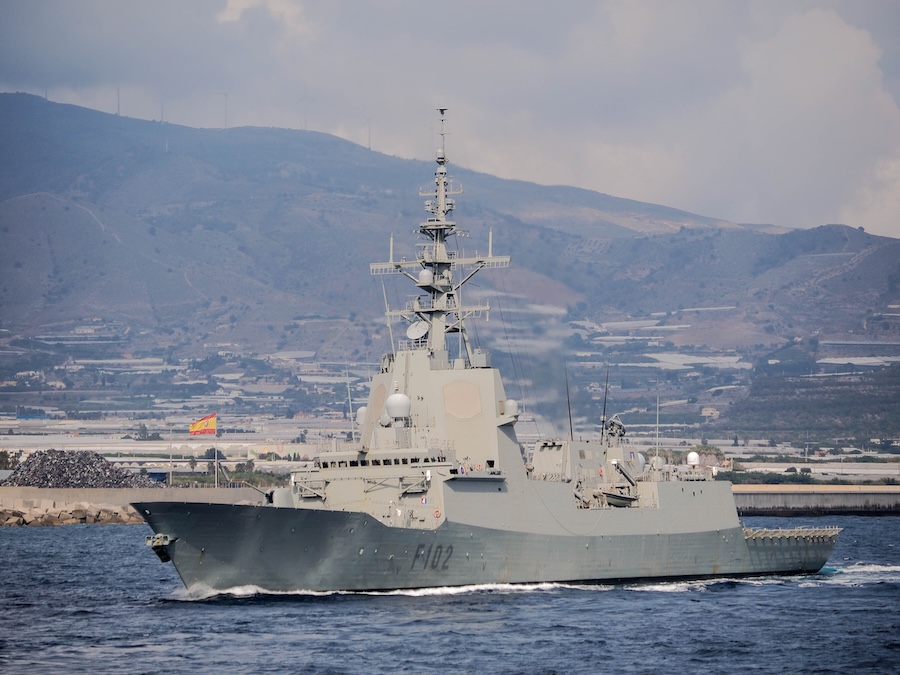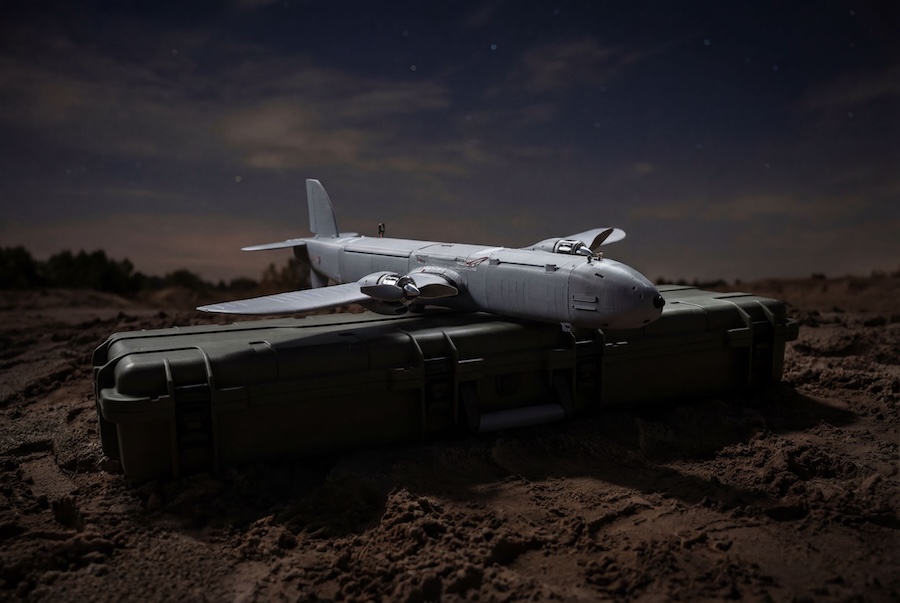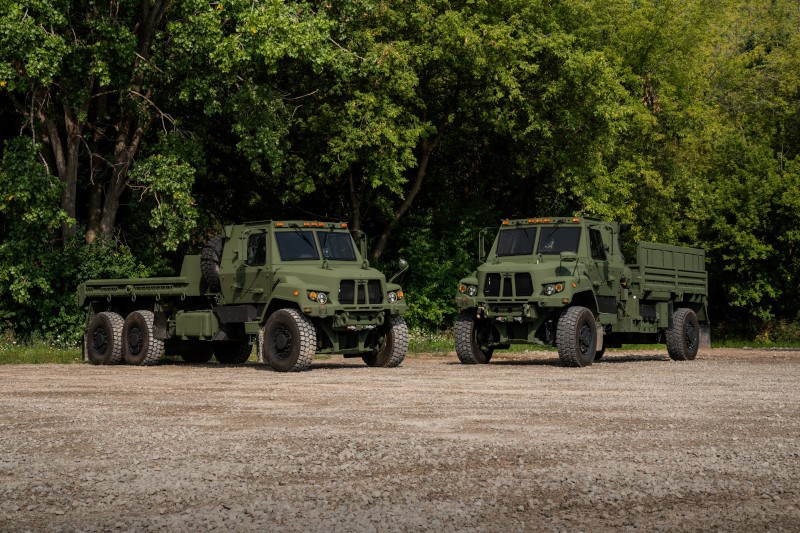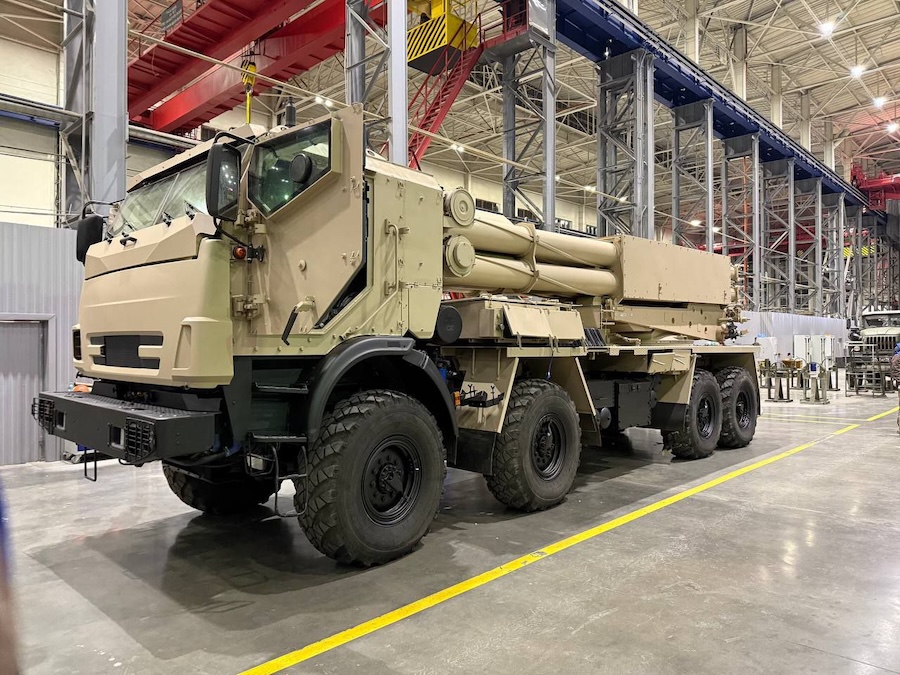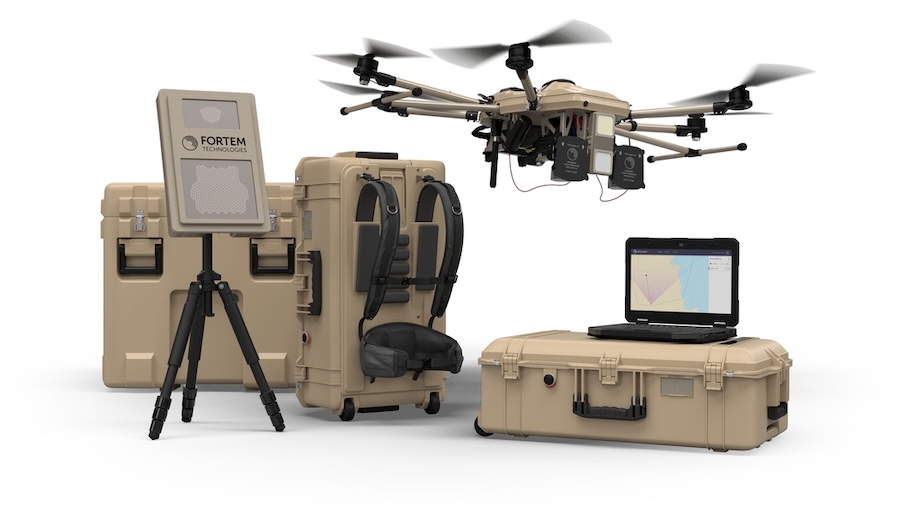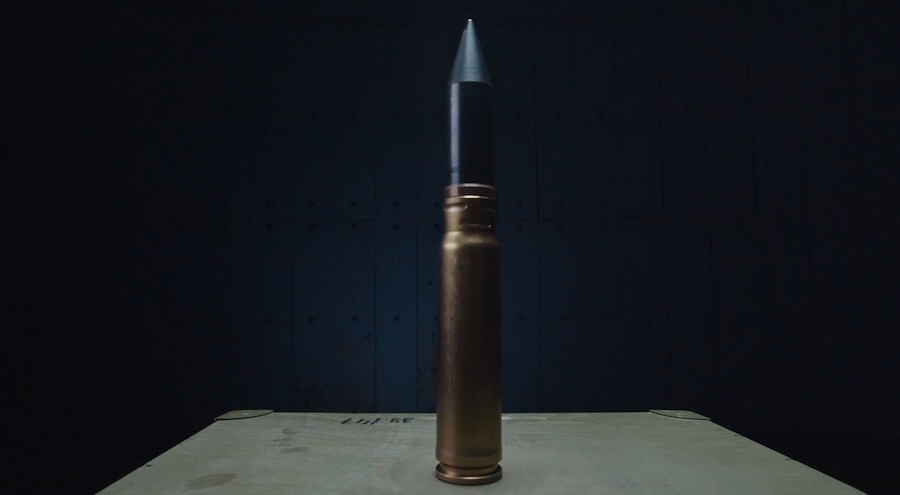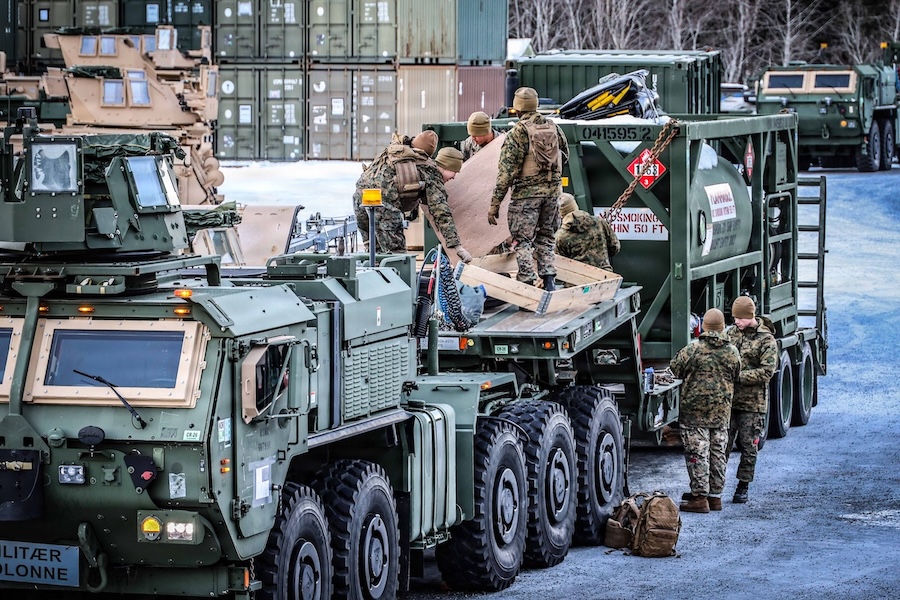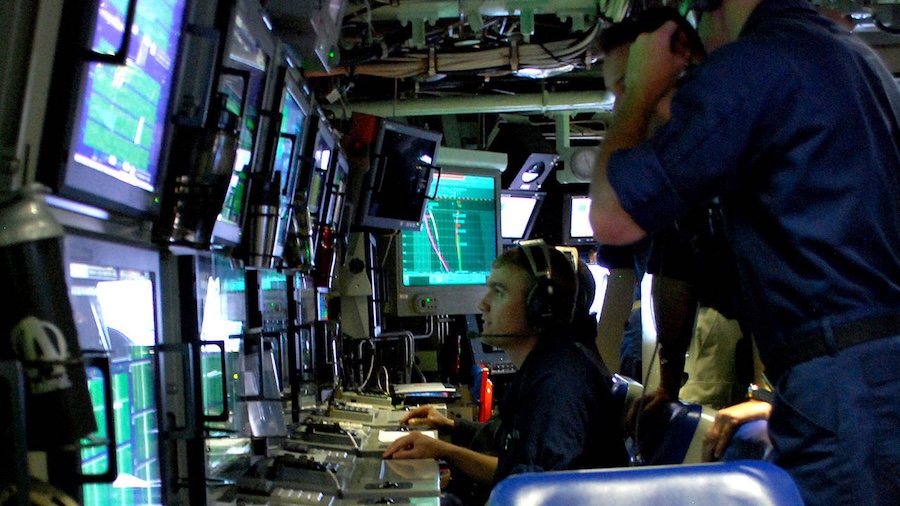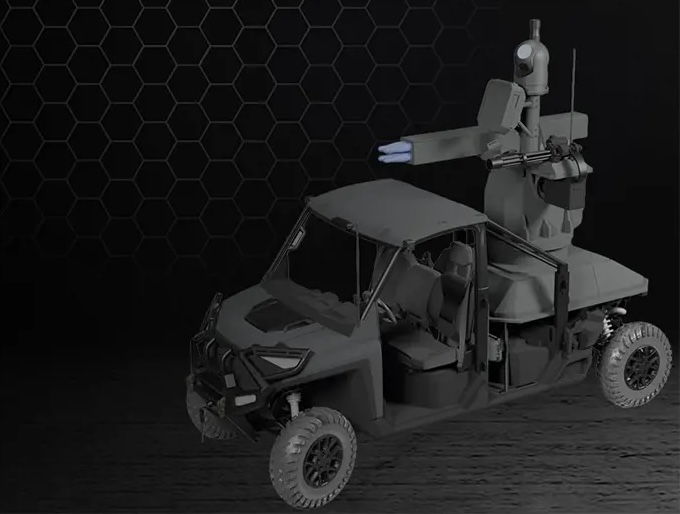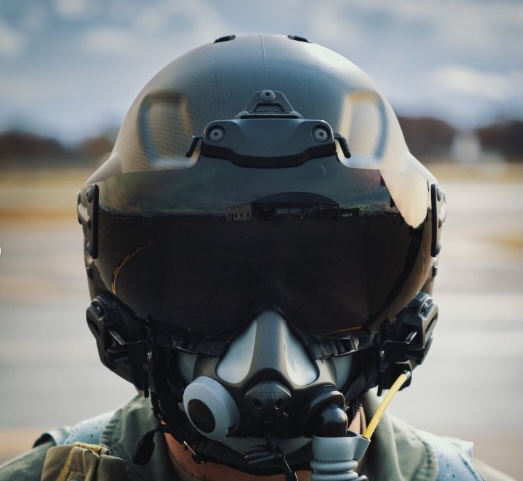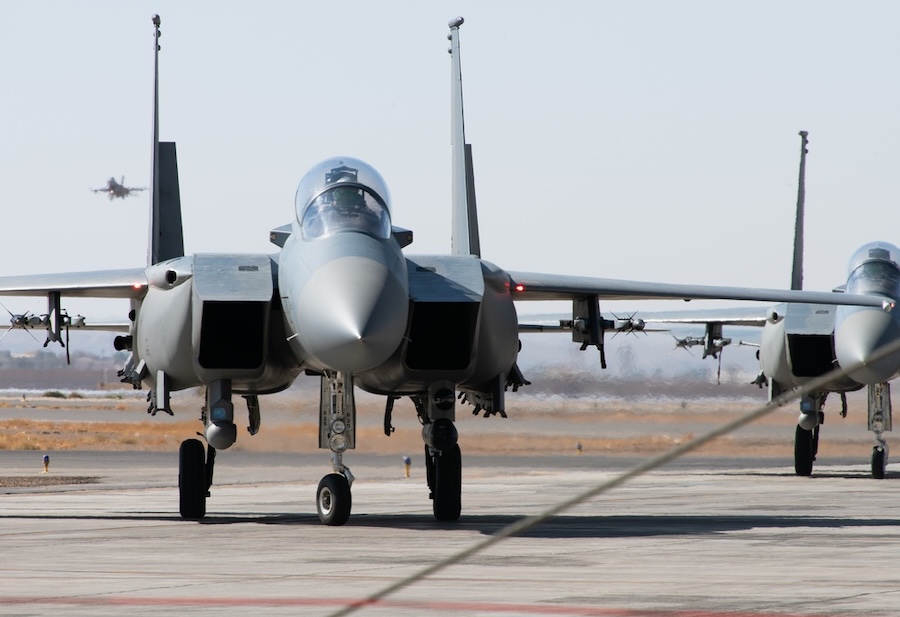Among the improvements is a 50% increase in the drone’s radio communications range, extending it from two to three kilometres under optimal conditions. The upgraded ground control station now includes a new Android tablet featuring double the battery life and a built-in heater for charging in cold temperatures.
The enhanced tablet also boasts improved ergonomics, allowing for easier use while wearing gloves. These user-driven improvements follow feedback from operators and are designed to meet the practical demands of military missions.
Ketil Vanebo, Vice President of Unmanned Systems-Norway at Teledyne FLIR Defense, emphasised the company’s commitment to continuous development. “Since its inception, our team has focused on continually improving the Black Hornet UAS to ensure maximum mission effectiveness,” he said. “We’ve listened to feedback from operators at the tactical edge and incorporated their needs into these latest capabilities and features. We’re proud to make them available to Black Hornet 4 users worldwide.”
The Black Hornet 4 can now withstand wind speeds of up to 25 knots and is IP-52 rated, meaning it can endure 7.6 mm of rain per hour during flight. The ground control station itself is rated IP-54, further enhancing the system’s resilience in harsh environments.
Weighing just 70 grams, the Black Hornet 4 can operate for over 30 minutes and cover distances greater than three kilometres. Its single-rotor design offers a low visual and audible signature, making it suitable for covert surveillance missions. Equipped with a 12-megapixel daytime camera and a high-resolution thermal imager, it provides clear video and still imagery in real-time.
The Black Hornet 4 has proven particularly effective in GPS-denied environments and can launch within 20 seconds. Its advanced obstacle avoidance and rapid deployment make it a critical tool for identifying threats and assessing weapon effects beyond visual line-of-sight.
Since the U.S. Army began acquiring Black Hornet systems in 2018 as part of its Soldier Borne Sensor (SBS) programme, more than 33,000 units have been delivered to military and security forces in over 45 countries. Teledyne FLIR Defense, based in Norway, has secured over $300 million in orders related to the Black Hornet under various programmes.


